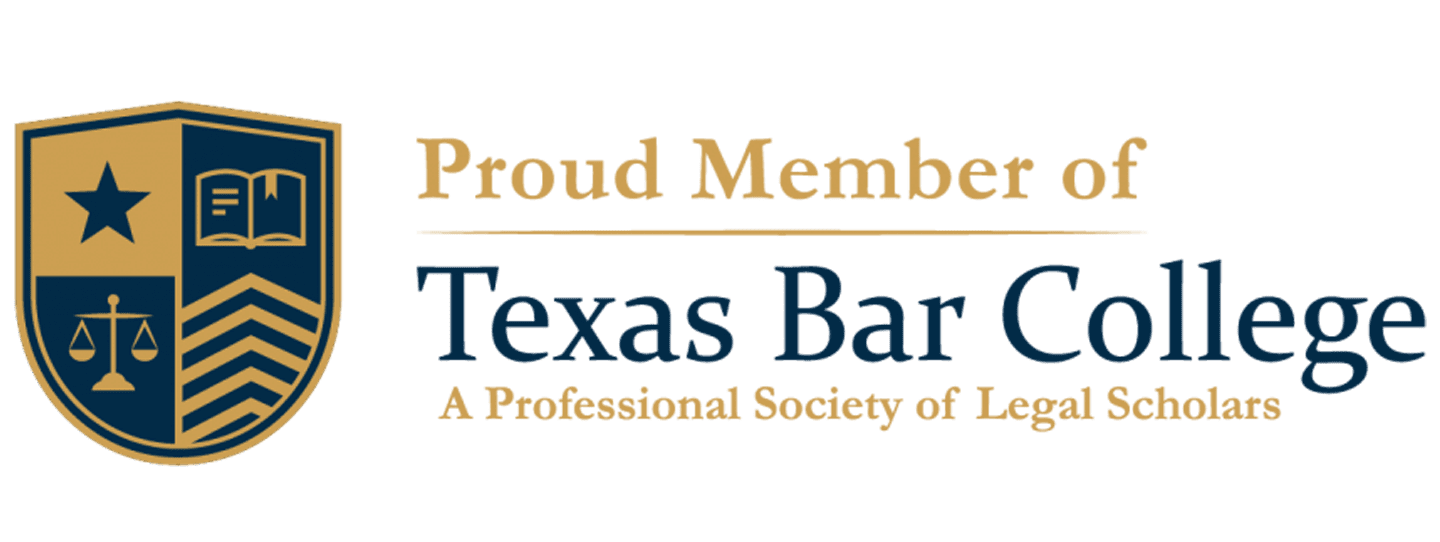When Texas parents get divorced, there may be a question as to who gets custody of the children. In some cases, there may also be a question as to what type of custody a parent has. In a child custody matter, a parent may receive either physical or legal custody. Physical custody means that the child primarily lives with that parent.
Legal custody means that a parent has the ability to make decisions about that child’s welfare. In some cases, parents may have joint legal or physical custody, which means that they both get to participate in the process of raising their child. It is important to point out that joint physical custody doesn’t necessarily mean an equal split. That may need to be worked out between the parents when creating a custody agreement or parenting plan.
Depending on the circumstances in a case, parents may receive alternating or serial custody. Alternating custody means that one parent has a child on particular days of the week or for a certain number of days before relinquishing it back to the other parent. Serial custody may involve a parent having physical and legal custody of a child for a set number of years before it goes to the other parent.
Individuals who are concerned about retaining parenting rights in a divorce may wish to consult with an attorney. This may help a parent learn more about the process of determining who gets custody or what other rights a parent may have. An attorney can often assist in the negotiation of a parenting plan that is in the best interests of the child.
Related Posts: Important documents in child custody disputes, The challenges and advantages of parallel parenting, How ‘birdnesting’ may make shared custody easier post-divorce, Responsibilities custodial parents may have








0 Comments